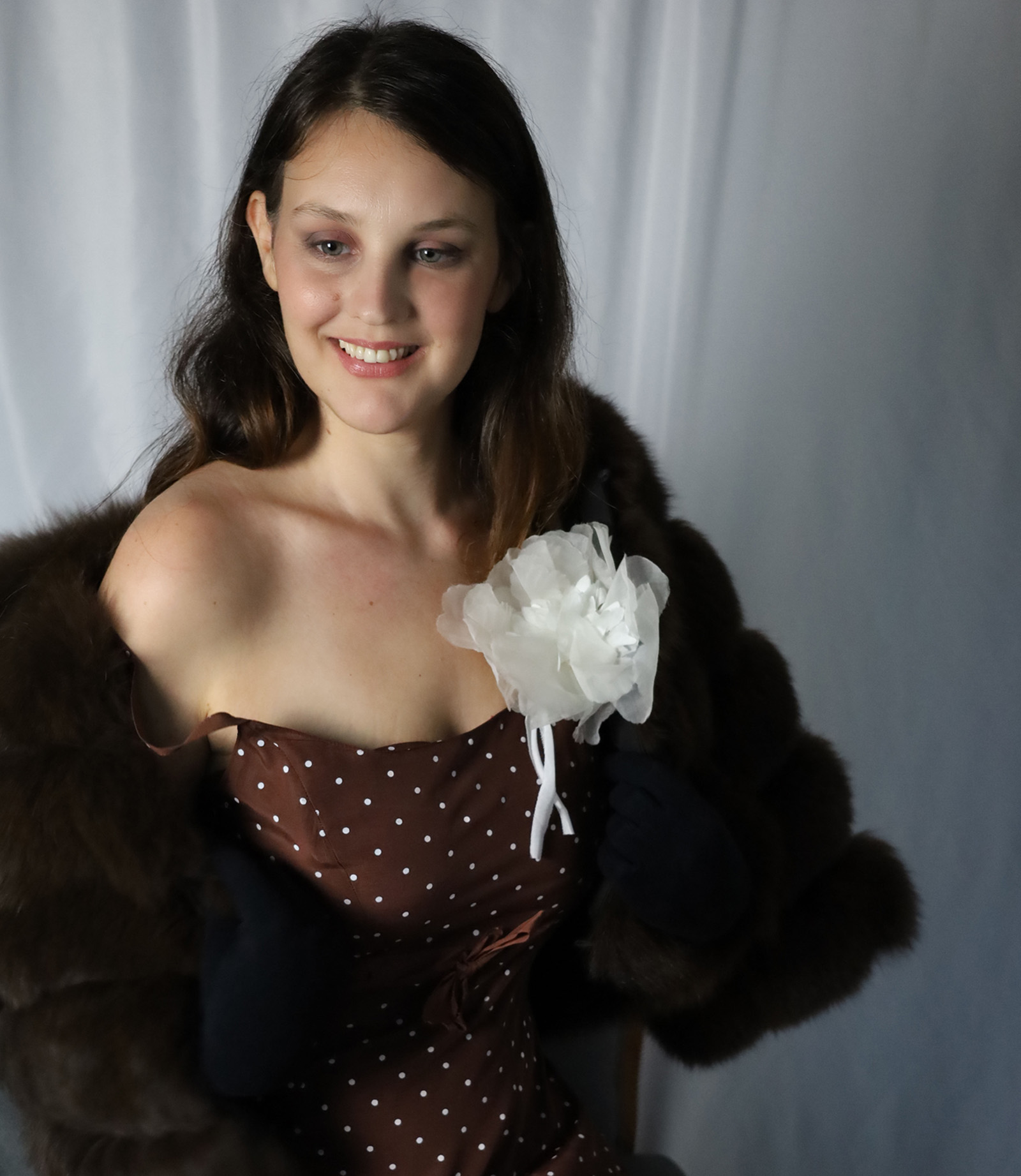
Femininity
It is a concept in constant evolution, influenced by many factors and modulated by each person in their own way. Ultimately, it is an expression of the self that can be multiple, fluid and in perpetual motion. Society is evolving ever closer to a vision of femininity that allows women to define themselves on their own, without conforming to preestablished standards.
Femininity is not monolithic. It can be very personal because each woman expresses her own femininity, reflecting how she was raised, her experiences, her environment, her beliefs and personal preferences.
Femininity refers to the whole set of qualities, comportments and characteristics that are traditionally and culturally associated with women, or ones that are perceived as feminine in a particular society. This set includes physical aspects, as well as physical and social ones, such as gentleness, sensitivity, grace, elegance. We must remember, though, that the concept of femininity can vary significantly from one culture and time to another. Even so, it is essential that we understand that femininity is a social and cultural construction whose meaning can vary across time periods, cultures and contexts. It is an expression of feminine identity that is not necessarily tied to physical aspect, but includes psychological and social aspects as well.
It is important to underscore the conceptual difference between a feminine woman and a femme fatale.
FEMININE WOMAN AND A FEMME FATALE
These tow concepts are tied to the representation of women, but they differ in significance and connotation. The femme fatale is a feminine archetype that appears frequently in literature, cinema and art as a seductive, mysterious and often manipulative woman who uses her allure and her attractive appearance to get what she wants. The femme fatale is generally associated with qualities such as beauty, danger, autonomy and the ability to deviate from traditional social norms to reach her objectives.
In short, femininity is a concept that is as fluid as it is vast, embracing all the characteristics that are associated with women, while the femme fatale is a specific typo of character who takes advantage of her femininity in a powerful and often subversive manner.
Different types of femininity
According to culture
The perception of femininity varies enormously from one culture to another. In some cultures, femininity is closely tied ti maternity and women’s role in the family, while in others it can be more oriented toward independence, ambition and self-expression. For example, in some contemporary western societies, femininity can be tied to autonomy and equality, while in more traditional cultures in can be associated with values like submission and gentleness.
According to place of residence
Where a person lives can influence the way in which she expresses her own femininity. In an urban environment, where norms are often more progressive and the cultural influences are more diversified, women can feel freer to redefine their own femininity apart from traditional standards. Conversely, in more rural or conservative environments, femininity can be more conformist, with precise aspects tied to the role of the woman in society.
According to age
Femininity can evolve over the course of a lifetime. For example, an adolescent may express a femininity based on the exploration of style and identity, influenced by celebrities and figures of popular culture. A more mature women might place more value on traits such as wisdom, serenity or maternity, associated with more advanced phases of life.
For young women today, femininity is often a balance of maturity, self-confidence, personal and professional success, and seduction. This can be seen in women like Charlize Theron, Julia Roberts, Angelina Jolie, Nicole Kidman, Halle Berry, Gwyneth Paltrow, Jennifer Lopez or Beyoncé. These women demonstrate that it is possible to be glamorous, influential and successful at an age that once considered femininity in decline.
For women who are 60 or more, femininity is a kind of wisdom and elegance, resilience and authenticity, as evidenced by Helen Mirren, Jane Fonda or Diane Keaton.
These references highlight femininity as an interior essence, creative force and self-acceptance that transcend mere appearances or imposed roles.
Coaching
Our method of coaching unites introspective and analytical theory with practical and playful components. This is accomplished over 6 phases coaching, with the option of 2 meeting formats: Private videoconference (50 minutes) or face-to-face workshops (maximum 8 people) in Monte Carlo, Milan, Paris or Palm Beach.
Photo shooting
We offer a photo shoot service centered on femininity. An opportunity to explore and capture various facets of feminine identity. For optimal results, the photo shoot focuses on key elements: gesture, posture and personal expression. A mix of graceful movements and a deep connection between body and mind.

